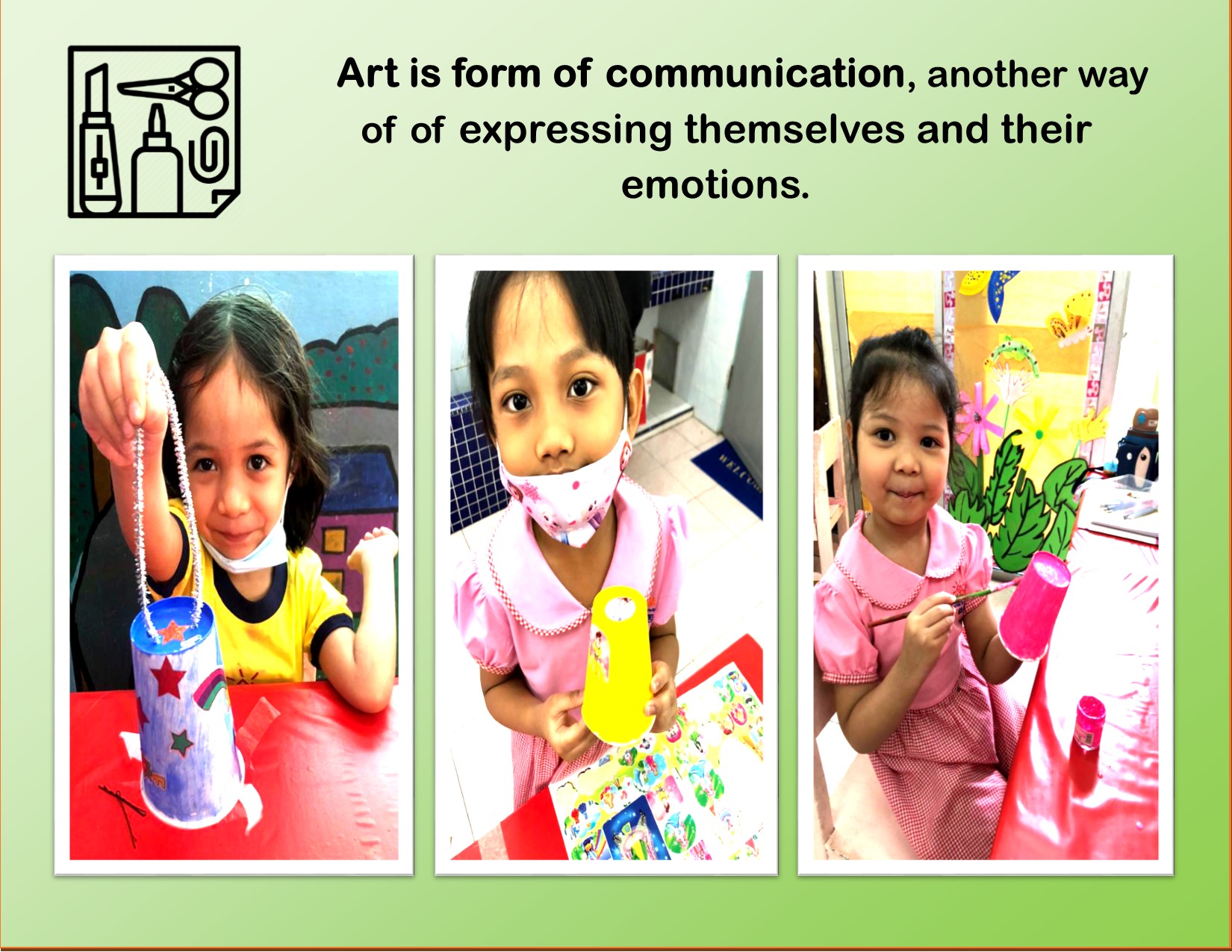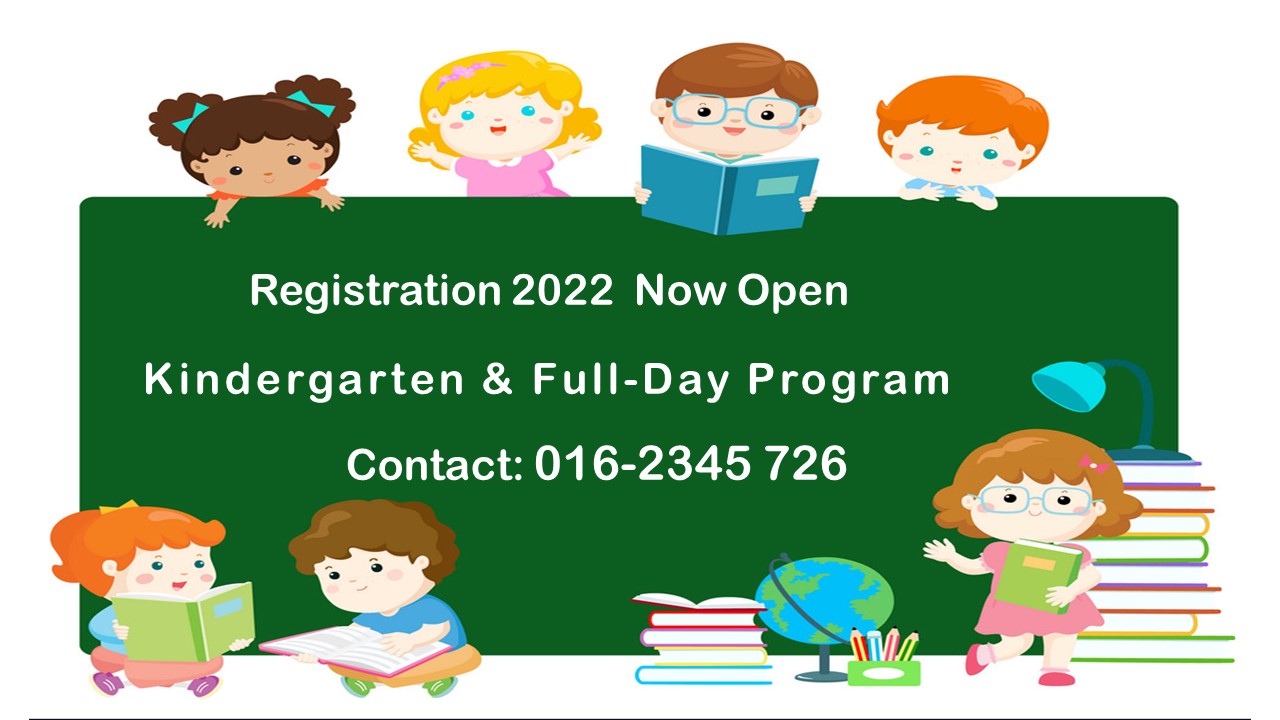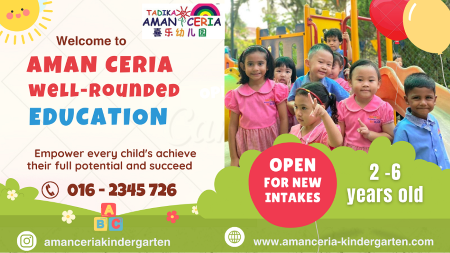
How to Communicate Effectively with Children?
• Communication is one of the best ways to maintain an open and positive relationship with your children.
• Children who have good communication with parents are more likely to ask for their advice than turn to peers.
• When talking to your children, always remember to listen to them. Let them know they can always talk to you about anything.
• When you talk to your children in a calm and caring manner. You show them that you are practicing what you preach.
• We all know how important it is to talk to children, and is equally important, to listen to them, especially about tough issues like bullying, peer pressure, and safety.
• Listening to your children and taking an interest in their conversation can bring you closer to them.

Children communicate their thoughts and ideas in a variety of ways.
Communicating effectively with your children
• No matter how insignificant the problem your children have may seem to you, it is important to give them properconsideration.
• By listening to their problems and helping them work them out. And asking the right questions to enable them to work the problems out for themselves, you are encouraging them to come to you whenever they have problems.
• It's important that they feel like they can go to you when something is wrong. Especially important as your children get older and the issues they face get more difficult and dangerous.
Let your children know your availability
* Make time for meaningful conversations with your children.
* Set aside time whenever your children need to talk.
* Display a genuine interest in their activities.
* Express your availability and following it up with action.
Actively seek out your children in conversation
Look for thoughts from your children that you can truly praise. Smile, agree and let your children know what you liked about their thoughts.
* Use a pleasant tone of voice.
* If you know they are facing some issues, ask about them
* Be generous with your praise
* If your children didn't get a perfect score in an exam, do not make them feel bad.
* Instead, praise them for getting a decent grade in a difficult subject
* If you know they failed because of their own neglect, then encourage them to work harder.
* Make sure they understand the consequences of their actions, do not criticize them
Equip with information about your children
* Working parents face the issue of not having enough time to keep tabs on children's activities.
* You have to know what things your children can be exposed to.
* In knowing these things, you will be able to discuss necessary subjects with them.
Be an active listener
Listen with respect. Avoid interrupting with your own advice. If you interrupt, your children may shut down and only tell you what you want to hear. Then you'll be stuck where you started - not knowing what or how your children really think.
* Be an active and loving listener.
* Active listening helps children cope with their emotions.
* Let your children finish sentences and avoid interrupting.
* Give them opportunities to express themselves.
* Focus your attention on what they are saying.
* Encourage your children to talk to you.
Do not interrupt during conversations
* Allow children to answer/respond.
* Give children the chance for free expression.
* Avoid correcting children for using the "wrong words."
* If children are always corrected for the way they speak, they are likely to shut down and clam up.
Nonverbal communication techniques
Children learn to communicate and interact with others by mirroring what they see around them. Communicating effectively with your children is not just about what you say to them, but about what they perceive from your behavior.
Facial expressions
Our faces are very expressive and communicate varied emotions without saying a word. Use your face to communicate better with your children. Sometimes exaggerating your expression slightly can help them read you more easily.
Good eye contact
Good eye contact is another important part of nonverbal communication. Give your undivided attention to your children. Sit down and look at your children, while they talk. The way you look at your children can convey love or anger, interest or boredom.
Physical actions
If your children are sad or upset, a gentle touch or a hug may let them know you understand those sad feelings. Physical contact is reassuring.
Listening
When your children are speaking to you, pay attention. Giving your full attention boosts their self-confidence and encourages positive communication. Listening to your children encourage them to pay you the same courtesy when they need to listen to you.
To your parenting success
Mrs. Law





